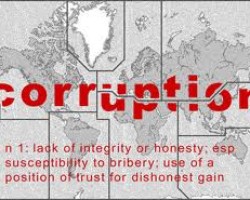
Palm Beach Post- By Kim Miller
A Florida Supreme Court ruling involving a Greenacres foreclosure allows banks to get away with fraud, as long as they voluntarily dismiss the case, attorneys said today.
The case, Roman Pino v. the Bank of New York, was the first significant foreclosure complaint heard by the high court since the state’s legendary housing collapse.
At issue was whether a bank can escape punishment for filing flawed or fraudulent documents in a case by voluntarily dismissing it. A voluntary dismissal allows the bank to refile at a later date.
Royal Palm Beach-based foreclosure defense attorney Tom Ice, who represented Pino, had challenged a document created by the former Law Offices of David J. Stern and sought to question employees about its veracity. On the eve of those depositions, the bank moved to dismiss the case, blocking the court’s ability to address any sanctions.
[ipaper docId=124374963 access_key=key-2f8q261jutkcpalproap height=600 width=600 /]
© 2010-19 FORECLOSURE FRAUD | by DinSFLA. All rights reserved.



This was, in my opinion, the correct decision. There are avenues to punish this conduct, but the trial judge didn’t have the power to deprive the plaintiff of its right to voluntarily dismiss its case. With a judge like that, all you have to do is file a motion under Civ. R. 11 and the Court will grant sanctions. This case was not about whether the banks and lawyers should be punished. It was about a judge’s power to deny a party the right to run away.